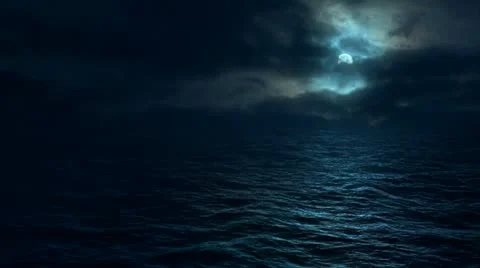OCD is like (and I apologize for what I’m about to do to some of you) The Game. Always there, but not a problem until it becomes a conscious thought. And then it’s on replay; like The Game, trying not to think of it only makes it worse.
Years ago, I was luckily “exited” from The Game. Although I’ve not seen this ever described as an “official” rule or solution to The Game, I choose to believe that one could be “exited”. Since The Game functions a lot like OCD does (at least, for me), it’s not some cute mind game that we all play together, it’s a reminder that my brain doesn’t work the same way everyone else’s does. I have a million little “The Games” I’m playing constantly in my head—if a pencil is turned toward me, if I notice it, it has to be turned away. If the “Best By” date has passed and I notice it, I have to throw it out. Well, I don’t have to, but my brain will make it seem like the end of the world if I don’t (and that’s on magical thinking, which isn’t as fun as it sounds).
Diagram by me!
There’s more, too: intrusive thoughts, which are not what TikTok makes them out to be; object personification, which leads me to hoarding, unable to give away anything because I fear it ending up trashed, abused, or unloved (which is of course made worse when coupled with ADHD and impulse buying). Like many others, I have to do things in equal measure to my body. If I chew my nails (as I have a bad habit of doing), I have to chew equally on both sides of my mouth, and then the whole nail has to be smooth, which often means I’m stuck chewing on my nails until it’s too painful to continue. Or I have to step on the stairs evenly, which might make me go back and walk back down the stairs if I wasn’t able to get enough steps on my left foot.
The thoughts are easiest to stop when you don’t even give them the chance to talk; you look away from what triggers the obsession, you walk away, leave the room, remove yourself from the trigger, and the voice doesn’t get the chance to talk. You look like a madperson when you literally plug your ears and say, “La la la!” loudly, but you do what you have to to block the thoughts from forming. Blocking them is hard, but resisting is harder.
It’s not fun talking about OCD, I know. I understand the looks of discomfort, fascination, scrutiny, disbelief when I talk about why I do what I do or the process of my thinking. It’s as crazy to you as it is to me. I know how alien it is to many; it’s clear from how I’m treated.
The Game is a reminder that I do not belong to the same world as everyone else; that I cannot escape this, even in the most normal of moments, even in elementary school games. That, at the end of the day, most people can decide whether or not they want to be a part of The Game, but I have a voice in the back of my head telling me society will literally collapse if I allow myself to exit The Game.
But someone exited me from The Game, so I don’t have to play it ever again. Years of therapy and learning how to cope with OCD have helped me learn that I can stop those thoughts on my own (most of the time; I’m still getting stronger).
If you’ve read through all this, I hope this helps you understand a bit more how OCD can work (and it can be more or less extreme than it is for me than it is for others). And, if you need to be exited from The Game too, consider this your official invitation to stop playing the game. I promise, nothing bad will happen.







